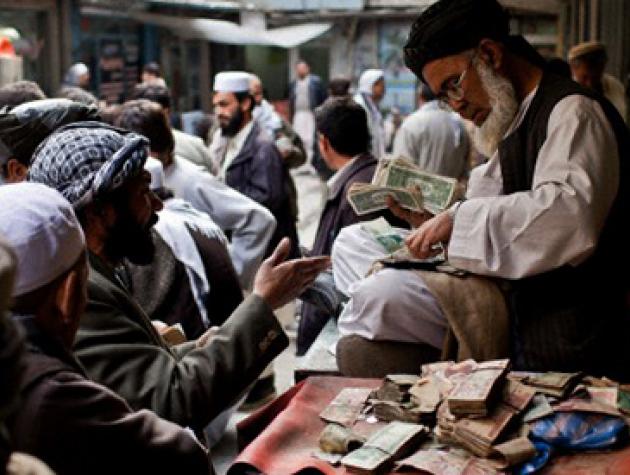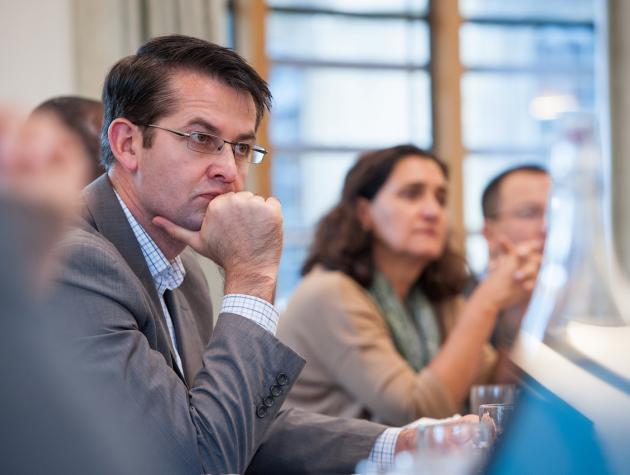GEG WP 2015/104 A New Politics of Aid? The Changing International Political Economy of Development Assistance: The Ghanaian Case
Abstract
A growing political science literature studies the significance of emerging powers as key players in development. However, these studies have almost all considered the phenomenon from the perspective of donors.
This paper assesses how recipient governments respond to the rise of new donors, using a case study of Ghanaian aid negotiations (2001–2012). Drawing on bargaining and negotiating theory, the paper identifies three key variables affecting the ability of the recipient government to secure negotiation outcomes in line with their objectives. These are:
- the arrival of non-traditional donors as a third party to the negotiation set-up;
- a declining need for foreign assistance as other sources of revenue provided outside options;
- a changing discourse of donor–recipient relations.
In the Ghanaian case, the paper finds that all three of these factors shaped negotiations with traditional donors, ultimately increasing the government’s influence; however, the presence of emerging donors had the greatest impact, albeit in an indirect manner.
Counter to an early hypothesis, changing conditions did not directly inspire the recipient government to negotiate more assertively. Instead, traditional donors appear to have moderated their negotiating stance unilaterally, anticipating their own diminished influence in a more crowded development arena.






